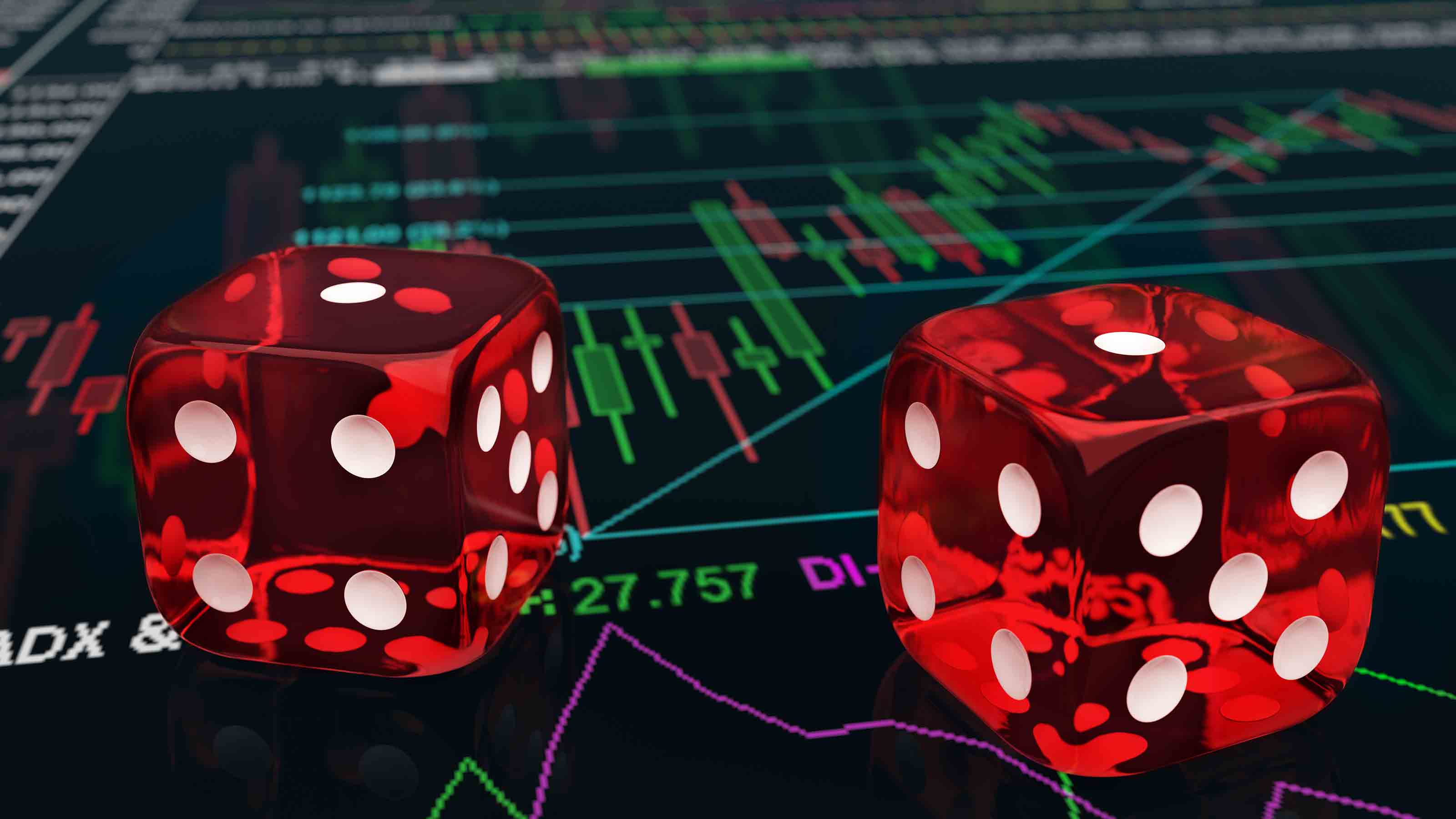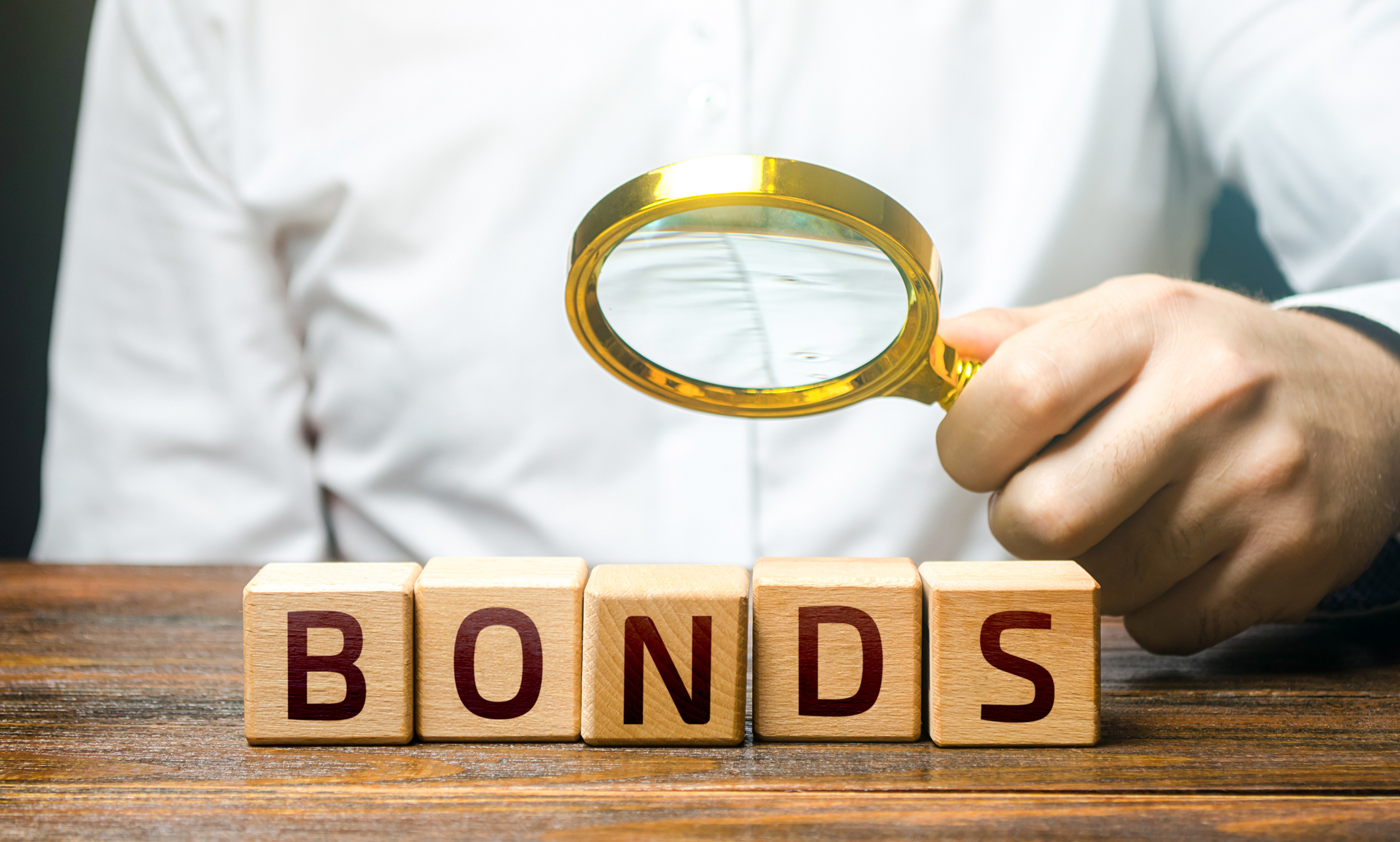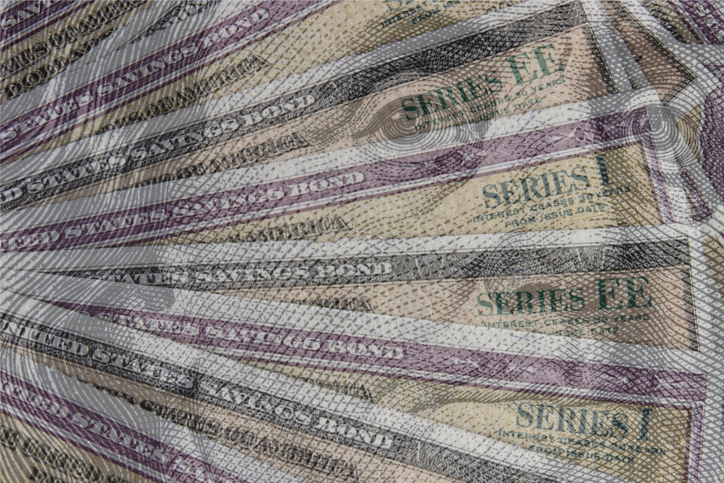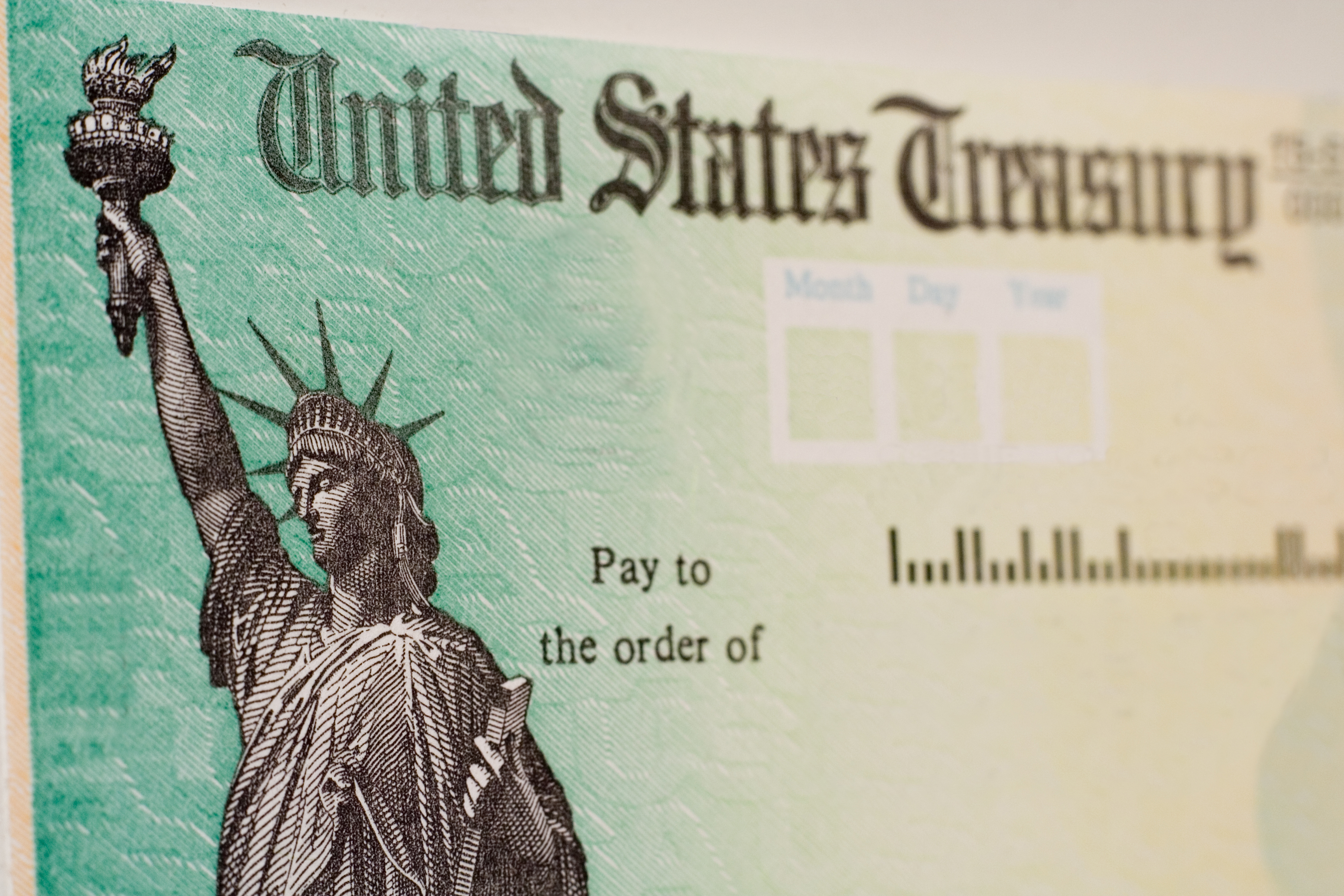Gambling in Stocks Is Risky Business
Part of the fun of investing is betting on the “next big thing.” Who doesn't want to discover the next Amazon, Netflix or Tesla?


Profit and prosper with the best of Kiplinger's advice on investing, taxes, retirement, personal finance and much more. Delivered daily. Enter your email in the box and click Sign Me Up.
You are now subscribed
Your newsletter sign-up was successful
Want to add more newsletters?

Delivered daily
Kiplinger Today
Profit and prosper with the best of Kiplinger's advice on investing, taxes, retirement, personal finance and much more delivered daily. Smart money moves start here.

Sent five days a week
Kiplinger A Step Ahead
Get practical help to make better financial decisions in your everyday life, from spending to savings on top deals.

Delivered daily
Kiplinger Closing Bell
Get today's biggest financial and investing headlines delivered to your inbox every day the U.S. stock market is open.

Sent twice a week
Kiplinger Adviser Intel
Financial pros across the country share best practices and fresh tactics to preserve and grow your wealth.

Delivered weekly
Kiplinger Tax Tips
Trim your federal and state tax bills with practical tax-planning and tax-cutting strategies.

Sent twice a week
Kiplinger Retirement Tips
Your twice-a-week guide to planning and enjoying a financially secure and richly rewarding retirement

Sent bimonthly.
Kiplinger Adviser Angle
Insights for advisers, wealth managers and other financial professionals.

Sent twice a week
Kiplinger Investing Weekly
Your twice-a-week roundup of promising stocks, funds, companies and industries you should consider, ones you should avoid, and why.

Sent weekly for six weeks
Kiplinger Invest for Retirement
Your step-by-step six-part series on how to invest for retirement, from devising a successful strategy to exactly which investments to choose.
I’m not surprised at the stock market’s recent rockiness. After a straight-up ascent that took market benchmarks to all-time highs—following the shortest bear market on record—the market has again logged some harrowing down days. Among the surest signs that stocks might be due for a reckoning is a surge in speculation that has mirrored the market’s spectacular rise since late March.
Speculative fever among small investors spiked when the pandemic took root in the U.S. Folks were stuck at home, flush with stimulus checks, with casinos closed and sports on hiatus. The stock market was open, however, and over the summer, even as some casinos started to reopen and something resembling our national pastimes resumed, the rumors (and some evidence) continued to point to a new generation of adventurers in the financial markets.
Individual investors’ interest in day trading has surged. “There is no doubt that day trading is a piece of the rally,” says Nicholas Colas, cofounder of investment research firm DataTrek Research. “The dollar amounts are small, but interest is high.”
From just $107.88 $24.99 for Kiplinger Personal Finance
Become a smarter, better informed investor. Subscribe from just $107.88 $24.99, plus get up to 4 Special Issues

Sign up for Kiplinger’s Free Newsletters
Profit and prosper with the best of expert advice on investing, taxes, retirement, personal finance and more - straight to your e-mail.
Profit and prosper with the best of expert advice - straight to your e-mail.
Place your bets. There is no better standard bearer for the trend than Dave Portnoy, celebrity founder of the irreverent sports, betting and pop culture blog Barstool Sports. Casino operator Penn National Gaming bought a 36% interest in Barstool in January for $163 million in cash and stock, prompting Portnoy to muse on CNBC about someday buying a sports team.
Instead, in March, Portnoy announced he was becoming a full-time day trader: “Once March Madness and life in general was canceled, I needed something to pass my time. I was already down about 50% of my net worth since the stock market crashed, and my plan was to day trade my way back to the top. TO BE VERY CLEAR [emphasis his], I have zero clue what I’m doing, I have no inside information, I wouldn’t recommend doing what I’m doing to anybody else, I’m not a financial expert. I’m just doing this to get my fix.”
Portnoy started with $3 million in an online brokerage account and has made and lost hundreds of thousands of dollars several times over—practically in the same day. He livestreams and tweets about his trades under the hashtag #DDTG, for Davey Day Trader Global.
Clearly, this style of investing is not the Kiplinger way. But it illustrates a conundrum: Part of the fun of investing is betting on the “next big thing.” Who doesn’t want to discover the next Amazon, Netflix or Tesla and ride those shares into the stratosphere?
How can you scratch that speculative itch without sacrificing your financial security? I asked Burton Malkiel, Princeton professor emeritus and author of A Random Walk Down Wall Street. His view of the market is that you’re unlikely to beat it, but you can join in its long-term uptrend by investing in market-tracking index funds.
And yet, Malkiel enjoys the intellectual exercise of picking individual stocks and even owns shares in volatile tech darling Salesforce.com. “How do I square that with sensible investing? You take your serious retirement money and invest it in index funds. Then, if you’ve got a little extra money, go ahead, have fun. I do this myself.”
Even then, resist the urge to trade in and out, he says. “Do some homework, do your stock picking and then hold on.” For those who succumb to the siren call, at least acknowledge what you’re doing, says Malkiel. “It’s like the horse races. From time to time, someone will get the daily double. But over the long haul, you’ll lose. Gambling may be fun—I enjoy the horse races—but I do it for entertainment, not because I think it’s investing.”
Profit and prosper with the best of Kiplinger's advice on investing, taxes, retirement, personal finance and much more. Delivered daily. Enter your email in the box and click Sign Me Up.

Anne Kates Smith brings Wall Street to Main Street, with decades of experience covering investments and personal finance for real people trying to navigate fast-changing markets, preserve financial security or plan for the future. She oversees the magazine's investing coverage, authors Kiplinger’s biannual stock-market outlooks and writes the "Your Mind and Your Money" column, a take on behavioral finance and how investors can get out of their own way. Smith began her journalism career as a writer and columnist for USA Today. Prior to joining Kiplinger, she was a senior editor at U.S. News & World Report and a contributing columnist for TheStreet. Smith is a graduate of St. John's College in Annapolis, Md., the third-oldest college in America.
-
 Stocks Sink With Alphabet, Bitcoin: Stock Market Today
Stocks Sink With Alphabet, Bitcoin: Stock Market TodayA dismal round of jobs data did little to lift sentiment on Thursday.
-
 Betting on Super Bowl 2026? New IRS Tax Changes Could Cost You
Betting on Super Bowl 2026? New IRS Tax Changes Could Cost YouTaxable Income When Super Bowl LX hype fades, some fans may be surprised to learn that sports betting tax rules have shifted.
-
 How Much It Costs to Host a Super Bowl Party in 2026
How Much It Costs to Host a Super Bowl Party in 2026Hosting a Super Bowl party in 2026 could cost you. Here's a breakdown of food, drink and entertainment costs — plus ways to save.
-
 The Most Tax-Friendly States for Investing in 2025 (Hint: There Are Two)
The Most Tax-Friendly States for Investing in 2025 (Hint: There Are Two)State Taxes Living in one of these places could lower your 2025 investment taxes — especially if you invest in real estate.
-
 Bond Basics: Zero-Coupon Bonds
Bond Basics: Zero-Coupon Bondsinvesting These investments are attractive only to a select few. Find out if they're right for you.
-
 Bond Basics: How to Reduce the Risks
Bond Basics: How to Reduce the Risksinvesting Bonds have risks you won't find in other types of investments. Find out how to spot risky bonds and how to avoid them.
-
 What's the Difference Between a Bond's Price and Value?
What's the Difference Between a Bond's Price and Value?bonds Bonds are complex. Learning about how to trade them is as important as why to trade them.
-
 Bond Basics: U.S. Agency Bonds
Bond Basics: U.S. Agency Bondsinvesting These investments are close enough to government bonds in terms of safety, but make sure you're aware of the risks.
-
 Bond Ratings and What They Mean
Bond Ratings and What They Meaninvesting Bond ratings measure the creditworthiness of your bond issuer. Understanding bond ratings can help you limit your risk and maximize your yield.
-
 Bond Basics: U.S. Savings Bonds
Bond Basics: U.S. Savings Bondsinvesting U.S. savings bonds are a tax-advantaged way to save for higher education.
-
 Bond Basics: Treasuries
Bond Basics: Treasuriesinvesting Understand the different types of U.S. treasuries and how they work.